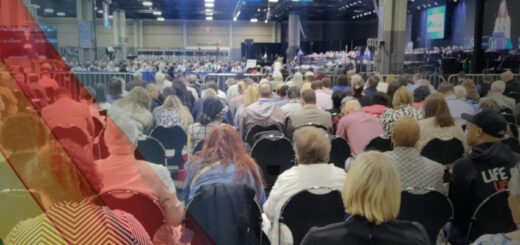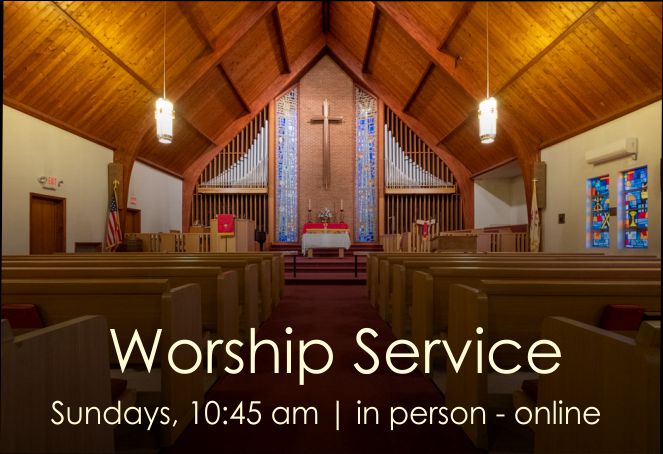You won’t be the winner. Me neither

In war there are no winners, we are all losers. Oppressed people are those who bring, from their midst, the war victims, the deaths, the tears, the hunger, the hopelessness, the pain. War has been narrated in inks of different colors, many of them. War has been praised for the heroism of the victor and suffered from the heartbreaking anguish of the defeated.
Many narrators present their dirty and merciless conflict stories. However, I found one of the most beautiful representations in a biblical poem. Through this, both sides of the coin are seen; both defeated, both human, both with a desire for revenge, but with the need for the other. These lines were written from tears, where the only consolation, almost non-existent, is provided, paradoxically, by captivity.
By the rivers of Babylon we sat and wept
when we remembered Zion.
There on the poplars
we hung our harps,
for there our captors asked us for songs,
our tormentors demanded songs of joy;
they said, “Sing us one of the songs of Zion!”
How can we sing the songs of the Lord
while in a foreign land?
If I forget you, Jerusalem,
may my right hand forget its skill.
May my tongue cling to the roof of my mouth
if I do not remember you,
if I do not consider Jerusalem
my highest joy.
Remember, Lord, what the Edomites did
on the day Jerusalem fell.
“Tear it down,” they cried,
“tear it down to its foundations!”
Daughter Babylon, doomed to destruction,
happy is the one who repays you
according to what you have done to us.
Happy is the one who seizes your infants
and dashes them against the rocks.
(Psalm 137)
This text has been used as a weapon against the Christian faith by some contemporary atheists and agnostics, mainly its last verse. Nevertheless, far from legitimizing barbarism, this biblical poem denounces it. We can read here a cruel lament of those who are biting the dust of the earth and trying to soothe the silk with it, thus finding as their only relief, the wish of the worst evil on their executioners.
It is natural that we have read the story from our own trench, from our pain and anger as one of the parts of the war. Nevertheless, sometimes we completely forget that on the other side of the river others mourn their dead, and that our own slavery was the daughter of the one we had brought about years before to others.
Because war has the macabre ability to make the paradox real, to turn ourselves into our own victimizers. That is why war is the enemy. Therefore, the enemy is not the one who has allowed oneself to be seduced by war’s dirty and lying words, disguised as national pride, honor for the land or for ethnicity. No. War fills its naive followers and defenders with fallacies and unfulfilled promises.
The Bible is full of wars, tears, lamentations, stories of hopelessness. The Scriptures are telling stories about victorious and defeated, stories of exiles, slavery and pain. How not? There was no other option. Their stories correspond to times when there was no alternative. But at the moment in which there was one, that was love.
That is why Jesus walked those lands that had been bathed with the blood of citizens and foreigners. There, Jesus healed. He brought relief and hope. This savior ridiculed war with his words, with his love. Nevertheless, people did not understand those actions. And they are still understandable for many.
What is it about loving your enemies? What is it about turning the other cheek? What is it about praying for those who curse us? Please do not get me wrong, Jesus’ speech is not about hippie Christianity, but about a revolution. Where the answer to evil should be evil, then we will respond with good.
With his life, Jesus showed us that the true enemy is war and not our brothers and sisters. When we fall into the game of war, we all lose. If there is a winner, at the end of the day, that winner is the prince of this world, the system, the one who came to steal, kill and destroy: the devil.
That devil is the one which is drawn from our lowest visceral feelings of resentment and hatred, the one that in our hands lets hundreds of thousands die of hunger, the same one that keeps us calm in the warmth of our home, while we waste tons of food in the garbage at the expense of those who are hungry. Because we have sinned. Not just me, but the community, humanity, the believers. We have all sinned and do so constantly. We sin communally. Therefore, salvation will be communal or won’t be at all.
That is why the solution is love. I know this sounds ridiculous! But Jesus has left the greatest example of all: that of someone who went to death for his message, for his word. He himself was the word. And then, Jesus warned us about the danger of getting too close to war’s jaws. The son of God taught us that murder was not only about firing a weapon, but that hating in our daily lives. That condemned us.
That is why ridiculousness is then taking the broad path, the one that pays evil for evil, the one that is based on an eye for an eye; Because at the end of the day, it is easier to avenge than to forgive, it is more logical to hate than to love. That is when the Gospel turns into madness.
Please stop the war!
Warmly,
Pastor David Gaitan









